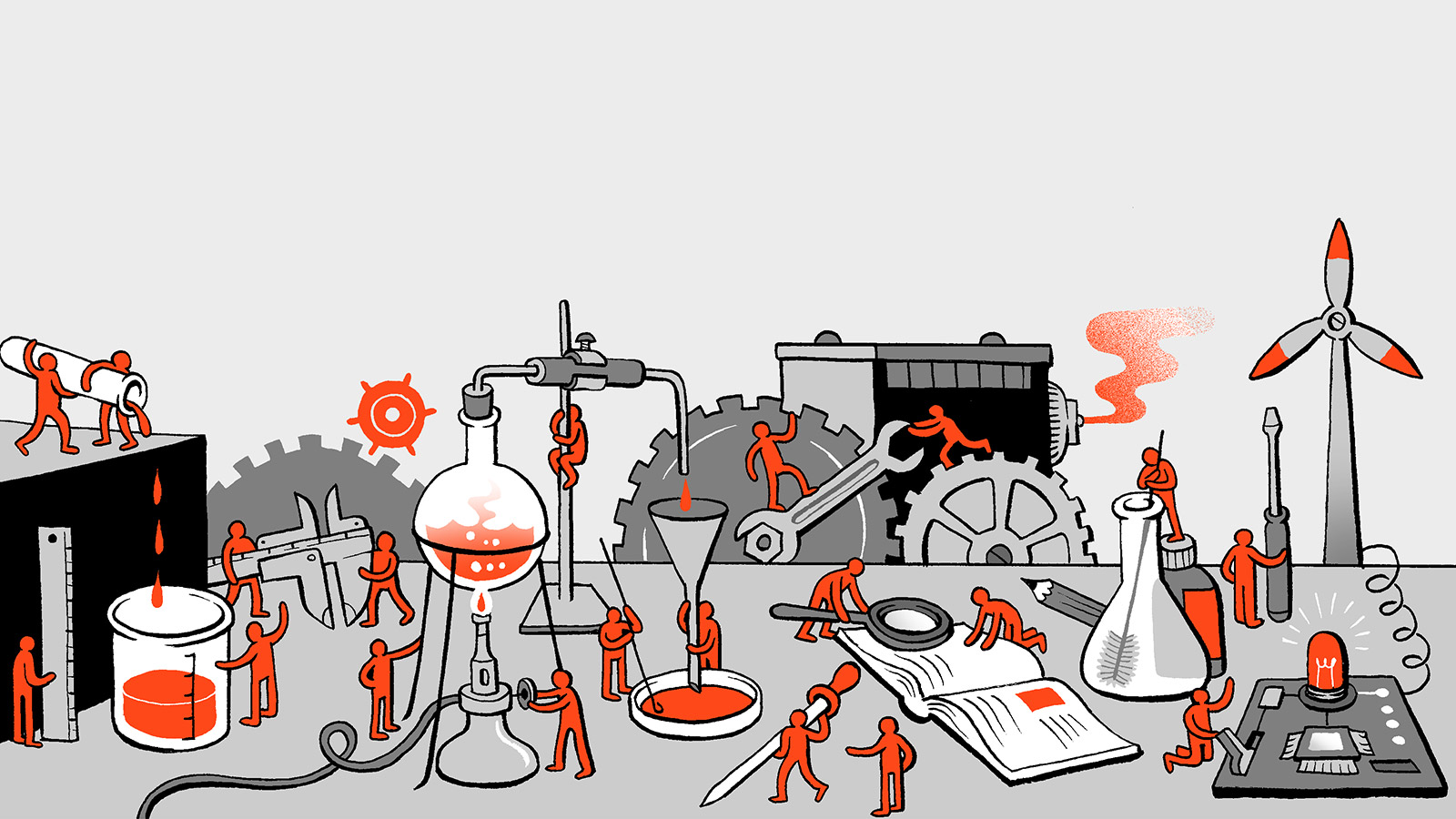Except for eclipses, atomic explosions and rocket trips, science and scientists do not usually get lead coverage in the daily newspapers. A notable exception was the week between Christmas and New Year’s Eve in 1969, when the papers were full of pictures and stories about a scientific meeting, of all things. This...
Category - No 1
In this issue the Editorial Committee embarks on a new direction. For the first time in our history, guidelines for the magazine have been established. At the Northeast Regional Conference in October (see conference report, page 25), four guidelines were passed
This essay is reproduced here as it appeared in the print edition of the original Science for the People magazine. These web-formatted archives are preserved complete with typographical errors and available for reference and educational and activist use. Scanned PDFs of the back issues can be browsed by headline at...
The National Laboratories are a post-World War II development that evolved from the wartime mobilization of scientists. Partly devoted to basic research and partly to continued atomic-weapons development, the Labs offer employment to research scientists under favorable conditions, but with somewhat less prestige than...
Priorities in Cancer Research: Occupational and Environmental Carcinogenesis.
—The politics behind cancer spending.
Feb. 20. 3 pm. Sheraton/Beacon A.
Arranged by Allen E. Silverstone (Massachusetts Institute of Technology Center for Cancer Research).
From October 24-26 the Third Annual Northeast Regional Conference of Science for the People was held in Voluntown, Connecticut. Approximately forty people attended, representing Boston, NYC, Stony Brook (NY), Chicago, Tallahassee, Washington (D.C.) and Montreal.
Garrett Hardin has finally made it. Once a little known man preaching strange science, his name now appears in Time magazine and on placards at demonstrations in India. He has seized the time and found a friendly reception from an audience fully primed with tales of welfare chislers, lazy poor folk, and belligerently...
Class societies must provide a system of police in order to maintain themselves. Historically such a system has had a dual basis, physical and ideological. The development of ideological weaponry is accomplished largely through the work of intellectuals. To counteract the ideological arsenal has been, and still is, an...
The following is an adaptation by the editorial committee of a pamphlet — “Academics in Government and Industry” by Charles Schwartz. 800 years ago, at the University of Bologna in Italy, professors had to obtain permission from their students and post bond in order to leave town on private business. No such...
They call it Silicon Valley. Its products are the latest thing in every advanced technology from semiconductor electronics to lasers, medical instrumentation, computers, solar power generators, pollution control devices, robot brains, and food additives. In the last twenty-five years, the number of workers in high...


